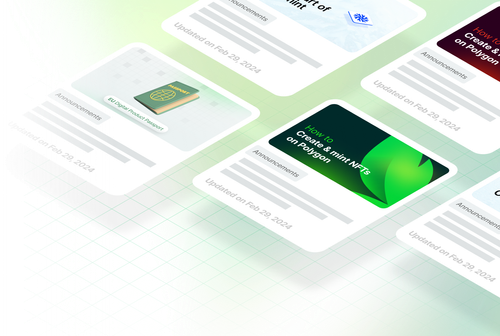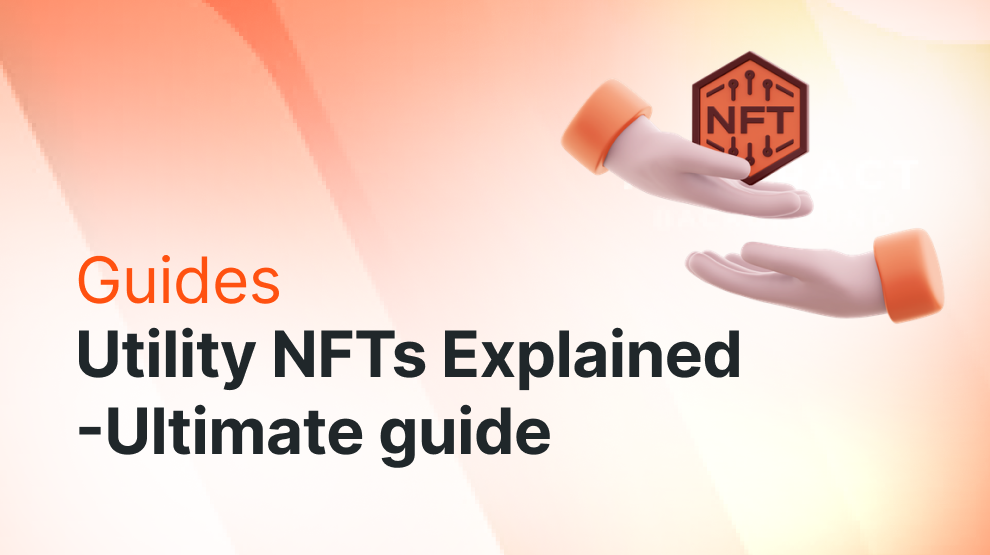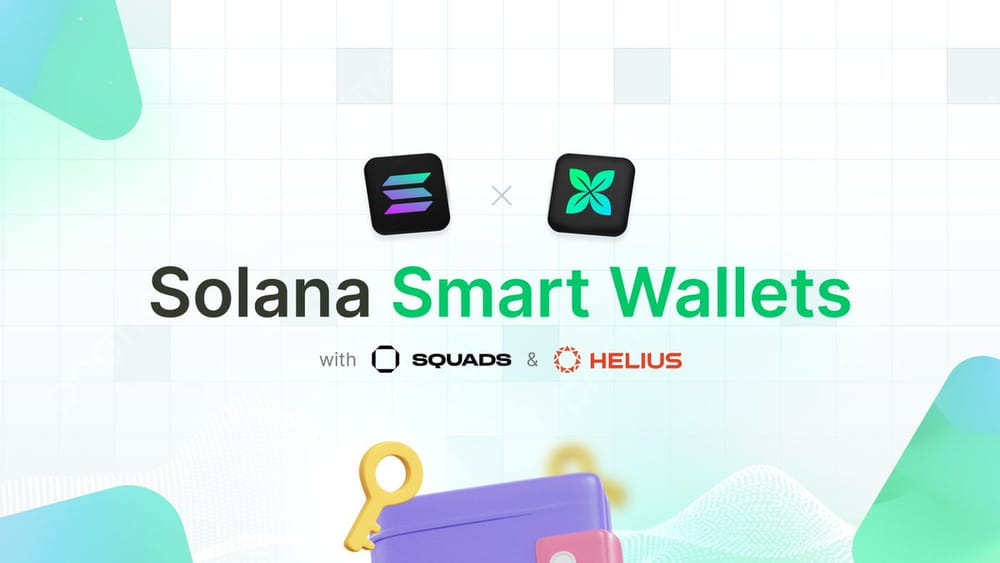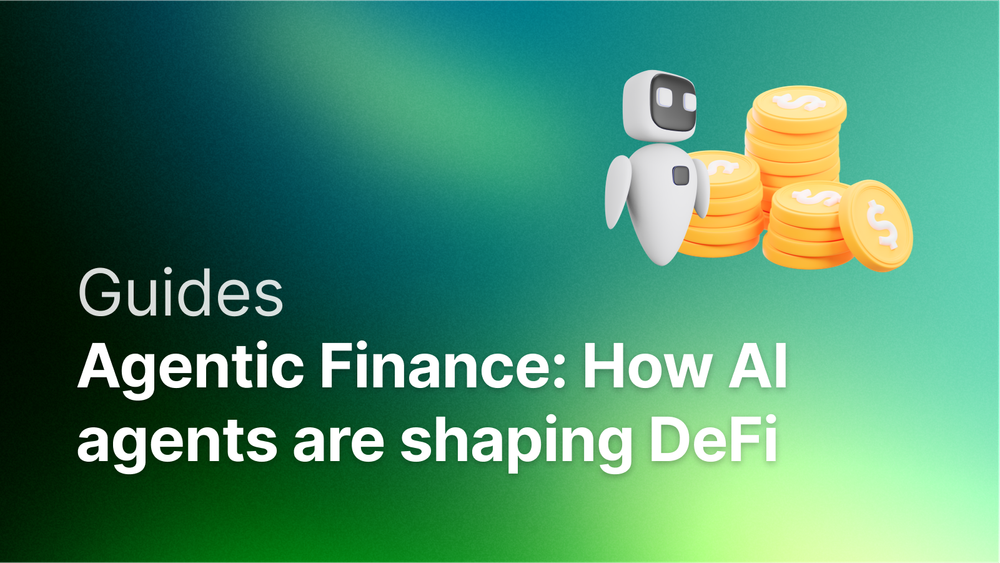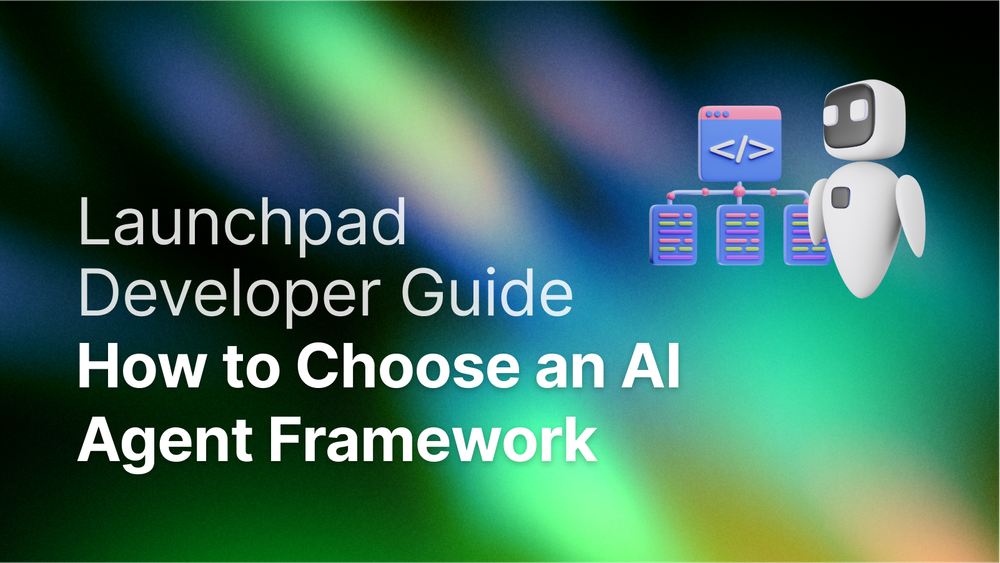This guide will give you a brief overview of what a Utility NFT is and what makes them unique.
By the end, you will learn how NFTs can power different use-cases of utility and how you can use NFTs to power utility for your own project.
This guide will take you 10 mins to complete (approximately).
Let's get started!
What are Utility NFTs?
Utility NFTs merge digital ownership with tangible benefits. Unlike traditional NFTs, which are simple digital art collectibles; utility NFTs a serve practical implementation offering real-world value through day-to-day applications of NFTs.
They enable the provision of exclusive access, privileges and services for their collectors/holders. Ranging from access to VIP events, lucky draws, special discounts, membership perks in digital communities, to real-world product/perk entitlements.
This enables creators and brands to forge more engaging and interactive relationships with their audiences and communities. This shift from simple digital art collectible NFTs to Utility NFTs shows the evolution of NFTs and how they are valued in the Web 3 Space.
Use-cases of Utility NFTs
Utility NFTs power a wide range of applications, here are some of them.
- Access Rights: Offering holders entry to exclusive events, platforms, or services. Crossmint brought NFTs to the musical masses with one of the top DJs in the world, Armin van Buuren.
- Membership and Subscriptions: Enabling access to subscription-based content or membership in clubs and communities. Crossmint worked with Cinemark, one of the largest and most influential movie theater chains in North and Latin America to reward their Platinum Members with additional perks.
- Sports: NFTs provide entry to sporting events, exclusive meetings with athletes/teams, and offer real-world sports perks, fan engagement, and benefits for season access. Crossmint helped AC Milan tokenize their home stadium with NFTs. Crossmint ensured that AC Milan's NFTs provide VIP experiences to its community and holders.
- Fundraising and Charity: Offers creators to fundraise for charity and empower social contributions. Unlocking special digital content, like music, videos, or articles. Crossmint enabled Crown Royal to allow people to send care packages to active-duty American military members for each NFT claimed.
- Event Ticketing: NFTs as tickets for concerts or sports events, with added perks like backstage passes, exclusive merchandise, etc. Using Crossmint, Sacramento Kings piloted the first-ever NFT Ticketing experience.
- Educational Content Access: NFTs granting access to exclusive educational materials or courses.
- Fashion and Retail: Offering exclusive or early access to product launches or discounts.
- Sustainability Initiatives: NFTs tied to carbon credits or environmental conservation efforts, encouraging and rewarding sustainable practices. Crossmint helped a remote Amazonian tribe raise over $4 Million to preserve their culture, using NFTs. The funds raised will help them build sustainable infrastructure, develop an educational program, and host inter-tribe conferences.
Security Tokens vs Utility Tokens - Key Differences
Security tokens are digital assets on blockchain representing real-world assets' ownership or stakes, much like traditional securities but leveraging blockchain's efficiency and transparency. They're regulated by financial authorities, offering rights such as dividends, profit sharing, or voting power.
The main differences between Security Tokens and Utility Tokens (NFTs) are:
- Regulatory Framework: Security tokens are subject to securities regulations, ensuring investor protection. Utility tokens face less stringent regulatory oversight.
- Primary Purpose: Security tokens are investment vehicles offering ownership or profit rights. Utility tokens provide access to a service or product within a platform.
- Value Source: The value of security tokens is often tied to the performance of the underlying real-world asset. Utility tokens' value is derived from their utility within a specific ecosystem.
- Legal Considerations: Issuers of security tokens must comply with securities laws, requiring disclosures and registrations. Utility tokens, often used for fundraising, circumvent these requirements by not representing ownership in a company's profits or assets.
How to Build Utility NFTs?
The guide below teaches you how to build Utility NFTs with a simple use-case in mind, that is, Memberships.
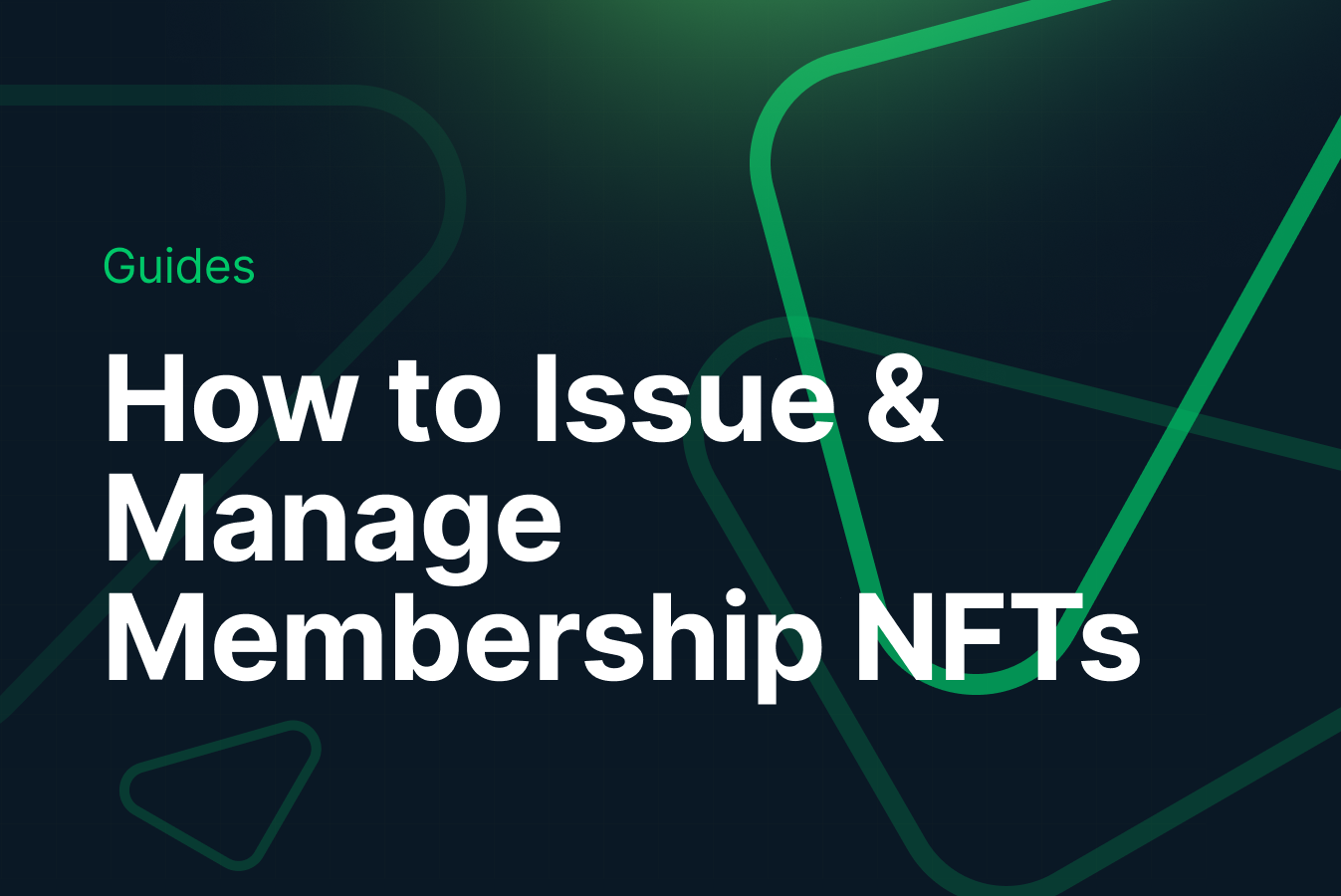
Want to integrate Crossmint to power Utility NFTs?
Reach out to Crossmint's Sales team by clicking on the button below to learn how your brand can benefit from using the wide range of products that Crossmint provides.
Need help?
For support, please join the official Crossmint Discord Server. You can also use Crossmint Help Page for the same.


